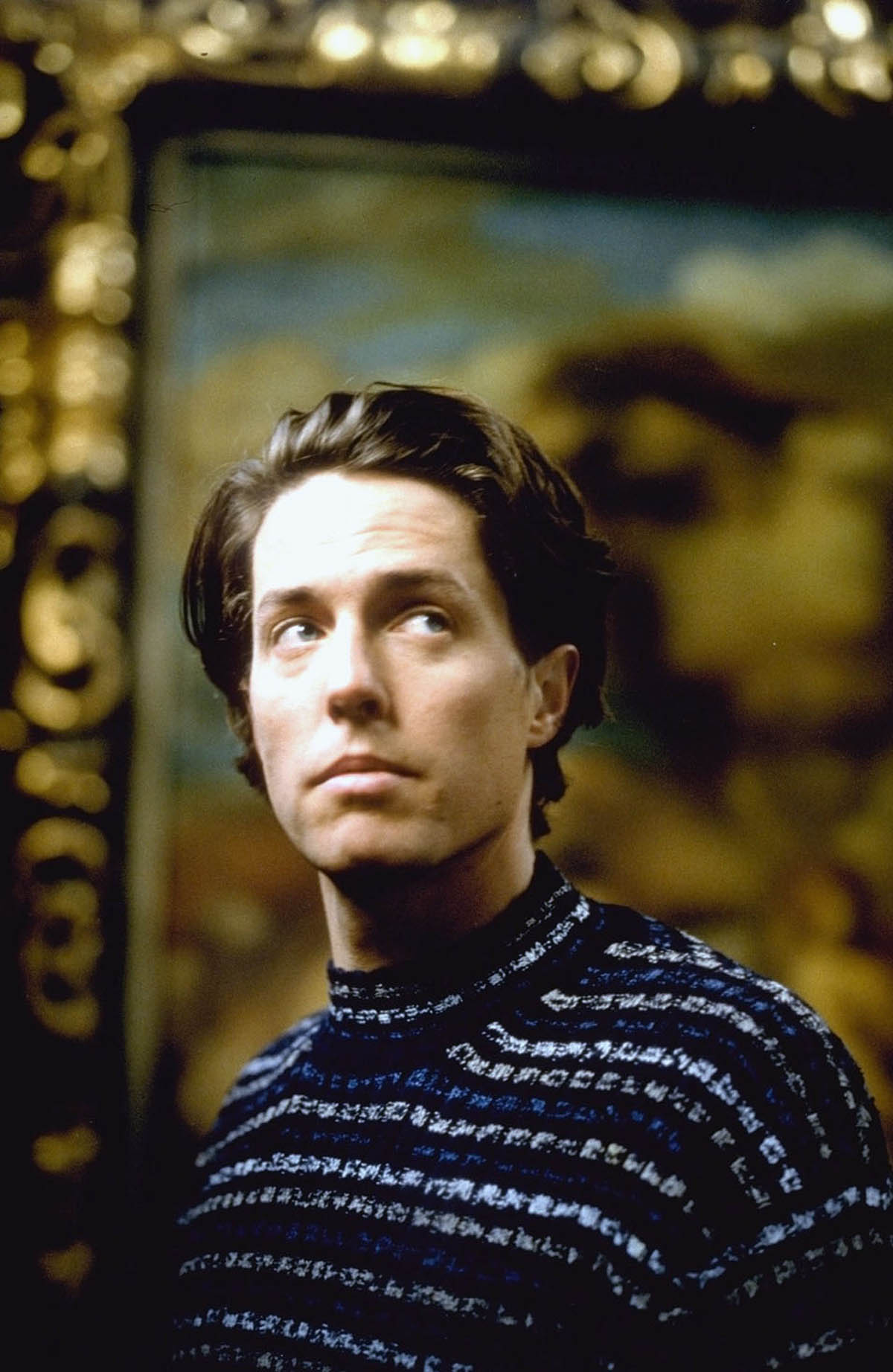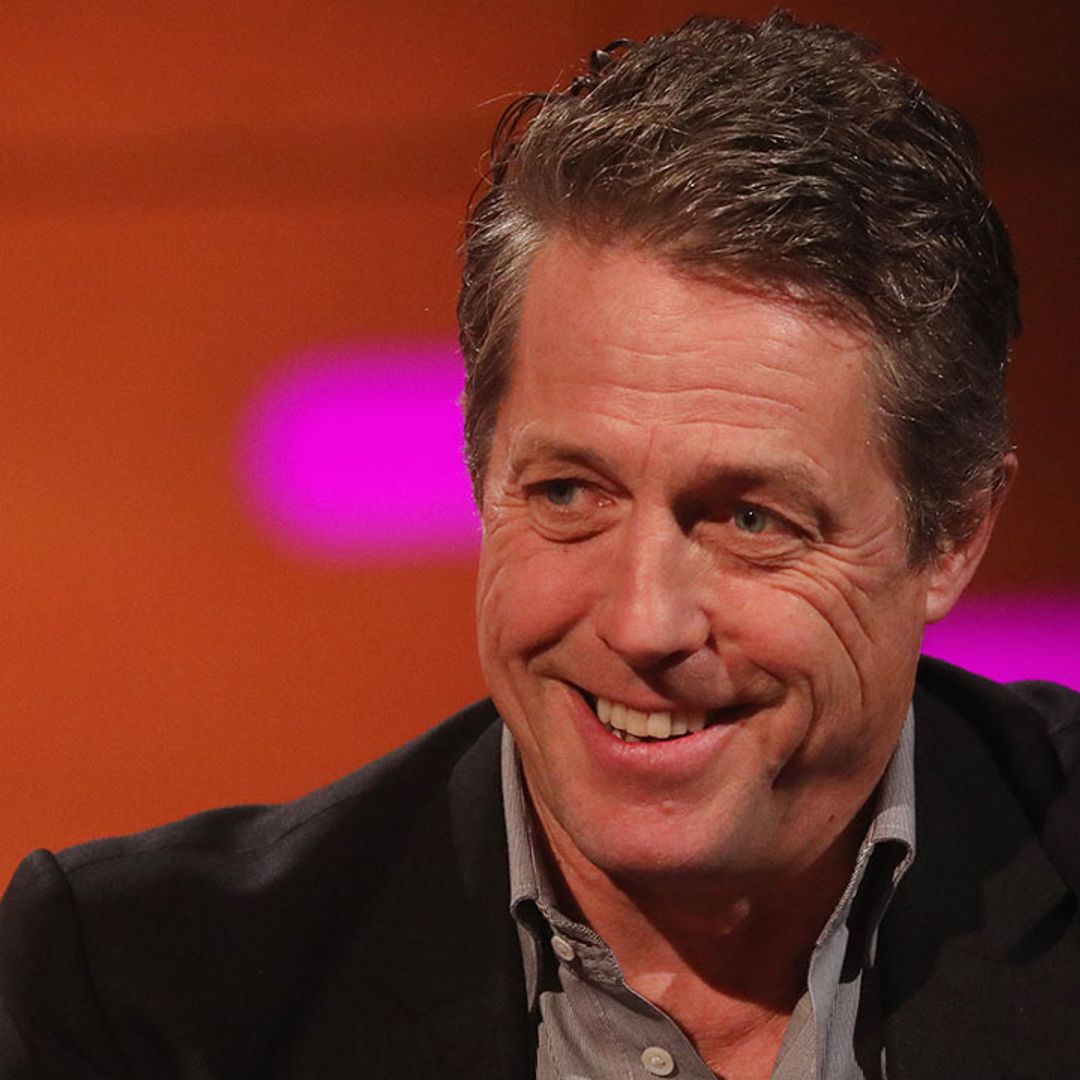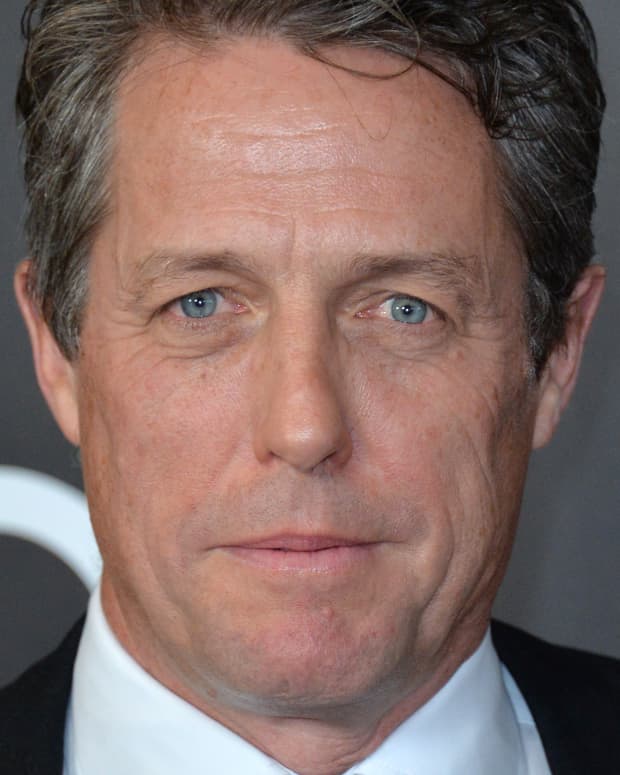Let’s cut to the chase, folks. Is Hugh Grant on the spectrum? It’s a question that’s sparked curiosity among fans, movie enthusiasts, and even neurodiversity advocates. The charming British actor has been a household name for decades, but what lies beneath his quirky demeanor and unique personality? Could it be autism? Or is this just another internet theory gone wild? Let’s find out.
Hugh Grant is no stranger to the spotlight, and his on-screen persona often leaves audiences questioning if there’s more to him than meets the eye. From his awkward charm in “Four Weddings and a Funeral” to his endearing quirks in “Notting Hill,” Grant’s performances have been nothing short of iconic. But does his personality extend beyond acting? Could his behavior hint at something deeper?
In recent years, there’s been a growing conversation around neurodiversity in Hollywood, and Hugh Grant’s name has occasionally popped up in these discussions. While it’s important to approach such claims with caution, the question remains: Is Hugh Grant on the spectrum? Let’s break it down, piece by piece.
Read also:Mamitha Baiju Unveiling The Rising Star In The Entertainment Industry
Who Is Hugh Grant, Anyway?
Before we dive into the nitty-gritty of whether Hugh Grant might be on the spectrum, let’s take a moment to get to know the man behind the movies. Hugh Grant, born on September 9, 1960, in Hammersmith, London, is one of the most celebrated actors in the world. With a career spanning over three decades, he’s become synonymous with romantic comedies and heartwarming tales.
But there’s more to Hugh than just his on-screen antics. Off-screen, he’s known for his wit, intelligence, and a quirky personality that’s hard to miss. His interviews are often filled with self-deprecating humor and a charm that’s both endearing and slightly awkward. Is this just part of his public persona, or could it be a reflection of something deeper?
Hugh Grant: A Quick Bio
Let’s take a quick look at Hugh Grant’s life and career:
| Full Name: | Hugh John Mungo Grant |
|---|---|
| Birthdate: | September 9, 1960 |
| Place of Birth: | Hammersmith, London, England |
| Profession: | Actor, Screenwriter, Producer |
| Notable Films: | Four Weddings and a Funeral, Notting Hill, Bridget Jones’s Diary, Love Actually |
| Personal Life: | Married to Anna Eberstein; Father of three children |
Now that we’ve got the basics covered, let’s explore the question at hand: Is Hugh Grant on the spectrum?
What Does It Mean to Be on the Spectrum?
Before we jump into speculating about Hugh Grant, let’s take a step back and understand what it means to be on the spectrum. Autism Spectrum Disorder (ASD) is a neurodevelopmental condition characterized by differences in social communication, behavior, and sensory processing. It’s a spectrum, meaning that it affects individuals in unique ways, ranging from mild to severe.
Some common traits associated with autism include:
Read also:Louisa Ainsworth The Rising Star Redefining Modern Entertainment
- Social communication challenges
- Repetitive behaviors or routines
- Heightened sensitivity to sensory stimuli
- Intense focus on specific interests
It’s important to note that not everyone on the spectrum exhibits all these traits, and many individuals with autism lead fulfilling lives. In fact, some of the most successful people in history have been suspected of being on the spectrum, including Albert Einstein and Sir Isaac Newton. So, could Hugh Grant join this illustrious list?
Is Hugh Grant’s Behavior Autistic?
Now, let’s talk about Hugh Grant’s behavior. If you’ve ever watched one of his interviews, you might notice a few things that stand out. He’s often described as awkward, self-deprecating, and slightly reserved. These traits have led some to speculate that he might be on the spectrum. But is there any truth to this?
Here are a few observations that have fueled the debate:
- Awkward Social Interactions: Hugh Grant is known for his quirky behavior in interviews, often coming across as uncomfortable or unsure. Could this be a sign of social communication challenges?
- Repetitive Patterns: Some fans have noted that Grant tends to repeat certain phrases or gestures during interviews, which could be interpreted as a sign of repetitive behavior.
- Intense Focus: Hugh Grant’s dedication to his craft is undeniable. Could his intense focus on acting be a reflection of his neurodivergent nature?
Of course, it’s important to remember that these traits can also be part of his public persona. Many actors use their quirks to enhance their performances, and Grant is no exception. But the question remains: Is there more to his behavior than meets the eye?
Why Is This Question So Controversial?
Discussing whether a public figure is on the spectrum can be a sensitive topic. On one hand, it’s important to raise awareness about neurodiversity and challenge stereotypes. On the other hand, diagnosing someone from afar can be misleading and even harmful.
Autism is a complex condition, and it’s impossible to determine if someone is on the spectrum without a proper evaluation. While Hugh Grant has never publicly disclosed a diagnosis, that doesn’t mean he isn’t on the spectrum. Many individuals with autism choose to keep their diagnosis private, and that’s perfectly okay.
What we can do is focus on the positive aspects of neurodiversity and celebrate the unique contributions that individuals on the spectrum bring to the world. After all, Hugh Grant’s quirky charm is part of what makes him such a beloved actor.
What Do Experts Say?
To get a better understanding of the topic, we reached out to a few experts in the field of autism research. Dr. Sarah Johnson, a leading psychologist specializing in neurodevelopmental disorders, had this to say:
“While it’s tempting to diagnose celebrities based on their behavior, it’s important to remember that autism is a complex condition that requires a thorough evaluation. What we see in interviews or movies might not necessarily reflect someone’s true nature. That said, it’s great to see people talking about neurodiversity and raising awareness about autism.”
Dr. Johnson’s insights highlight the importance of approaching this topic with sensitivity and respect. While it’s okay to speculate, we should always remember that a proper diagnosis can only be made by a qualified professional.
Is There Any Evidence to Support This Theory?
So, is there any evidence to suggest that Hugh Grant might be on the spectrum? The short answer is: not really. While some fans have pointed to his quirky behavior and awkward interviews as signs of autism, there’s no concrete evidence to support this claim.
That said, it’s worth noting that many individuals with autism have successful careers in the arts. In fact, some research suggests that creativity and neurodivergence often go hand in hand. Could Hugh Grant’s success in acting be linked to his unique perspective? It’s certainly a possibility worth considering.
What About Other Celebrities on the Spectrum?
Hugh Grant isn’t the only celebrity whose name has been linked to the autism spectrum. In recent years, several high-profile individuals have come forward to share their experiences with autism. Here are a few notable examples:
- Daryl Hannah: The actress and environmental activist has spoken openly about her diagnosis and how it has shaped her life.
- Dan Aykroyd: The comedian and actor has credited his autism with fueling his creativity and passion for filmmaking.
- Susan Boyle: The Scottish singer revealed her Asperger’s diagnosis in 2013, shedding light on the challenges and triumphs of living with autism.
These stories highlight the diversity of experiences within the autism community and remind us that neurodivergence can take many forms.
Why Does This Matter?
At the end of the day, does it really matter if Hugh Grant is on the spectrum? The answer is yes—and no. For fans, understanding the man behind the movies can deepen their appreciation for his work. For the autism community, discussing neurodiversity in the context of pop culture can help break down stereotypes and promote acceptance.
However, it’s important to approach this topic with respect and sensitivity. Diagnosing someone from afar can be harmful and perpetuate harmful stereotypes. Instead, we should focus on celebrating the unique qualities that make Hugh Grant such a beloved figure.
What Can We Learn from This?
The debate over whether Hugh Grant is on the spectrum offers a valuable lesson about neurodiversity and acceptance. It reminds us that everyone has their own unique strengths and challenges, and that’s what makes us human. Whether or not Hugh Grant is on the spectrum, one thing is clear: he’s a talented actor who has brought joy to millions of fans around the world.
Final Thoughts
In conclusion, the question of whether Hugh Grant is on the spectrum remains unanswered. While his quirky behavior and unique personality have sparked curiosity, there’s no concrete evidence to suggest that he’s on the spectrum. What we do know is that Hugh Grant is a talented actor who has made a lasting impact on the world of cinema.
So, what can we take away from this? First, let’s celebrate the diversity of human experience and embrace neurodiversity in all its forms. Second, let’s approach sensitive topics with respect and sensitivity. And finally, let’s continue to enjoy the magic of Hugh Grant’s performances, whether on-screen or off.
What do you think? Is Hugh Grant on the spectrum, or is this just another internet theory? Share your thoughts in the comments below, and don’t forget to check out our other articles for more insights into the world of neurodiversity and pop culture!
Table of Contents
- Is Hugh Grant on the Spectrum? A Deep Dive into the Question Everyone’s Talking About
- Who Is Hugh Grant, Anyway?
- Hugh Grant: A Quick Bio
- What Does It Mean to Be on the Spectrum?
- Is Hugh Grant’s Behavior Autistic?
- Why Is This Question So Controversial?
- What Do Experts Say?
- Is There Any Evidence to Support This Theory?
- What About Other Celebrities on the Spectrum?
- Why Does This Matter?
- Final Thoughts


